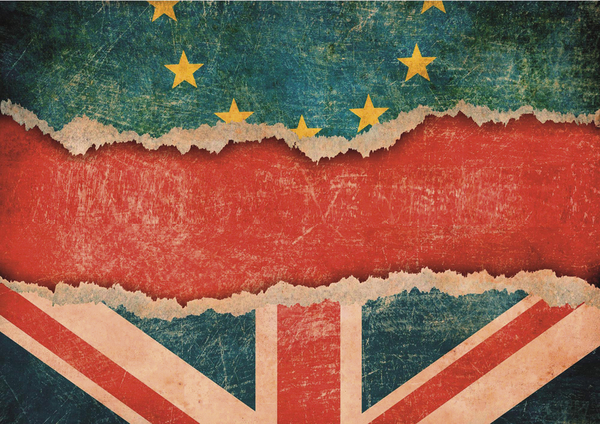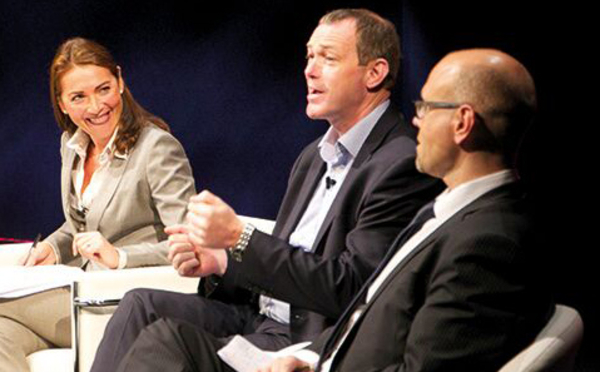The Brexit conundrum: It's impact on UK's broadcasting and production industry
Emerging from the Christmas fug of too many late nights, too much mulled wine and – at least for me – a strictly non-vegan feasting period, we all have to stare 2019 squarely in the eye, pull our socks up (a nice present that you appreciate with the passing years) and utter the dreaded word that so far has not made it into my festive games of Scrabble – Brexit.
If, like me, you were suffering from Brexit overload before the Christmas break, then the Westminster news blackout over the holiday period was a welcome respite.



